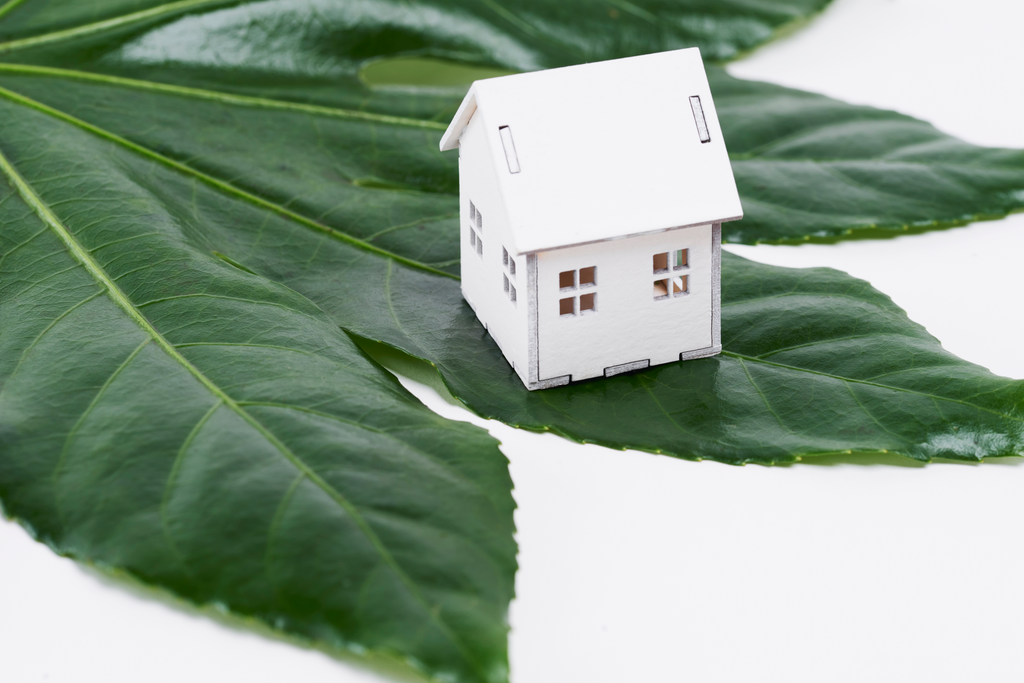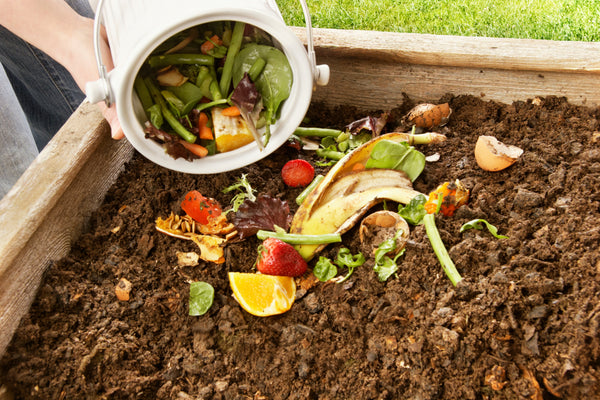How to Become More Sustainable at Home

A single home can't have much significance in the wastage of our planet's resources when large-scaled factories contribute towards most of it, right? But, what if we told you practicing sustainability as a homeowner can ultimately make a major impact on playing your part in a greener environment? It might sound a little intimidating, but it doesn't have to be too much work.
Save Energy
We waste energy daily in a number of ways. If each person takes some small steps, this can have a huge impact globally. For instance, incandescent light bulbs have been in use for a long time, but they’re extremely energy-consuming. An LED light bulb consumes about 75℅ less energy than an incandescent light bulb. The average lifespan of an LED bulb is the same as that of an incandescent one. Many appliances are left turned on even when they are not in use. A little vigilance and a sense of responsibility can save energy of great magnitude. Always go for the option that consumes lesser energy. For example, when it comes to kettles, an electric kettle is the better option compared to the teakettle used on the stovetop. Instead of powering on an air conditioner when it's not that hot out, try opening a window to let in a cool breeze. Draw your curtains and open your blinds to let in sunlight instead of using light bulbs. Wearing an extra sweater or adding an extra layer of clothing rather than using a heater can be a real game-changer if the conditions aren't that harsh. Try to save energy by using supplies that are energy efficient. It might seem like an expensive option, but in the long run, these items reduce energy usage by 9-25℅. And, they make up for the additional price by saving your money in the future. Also, avoid driving when you can and instead opt for carpooling, bicycling, or travel on public transport if it's manageable. There are tons of ways you can travel sustainably and make the most of every road trip.

Garbage Disposal and Recycling
Even if properly dumped, garbage can contribute to a lot of ecological and health problems. Whenever you go grocery shopping next time, check each item and its expiry before you buy it. Always choose the recyclable option when buying any products, especially the ones packaged in recyclable material. The paper section recycles cardboard and white paper. Plastic bags, styrofoam, and caps are some objects that should not make their way into the recycle bin. Don't go for items that have a one-time use only if there is a long-term alternative. But, if you do end up with single-use plastic products, learn how you can utilize them in other ways. Instead of a paper towel, buy a reusable rag, as not only are they eco-friendly but also more competent.
Grow Herbs Yourself
Instead of buying from the market, try gardening at least the easy-to-grow herbs in your backyard. It’s one of the ways to make your garden ‘greener’ by shifting to eco-friendly options. Oregano, mint, basil, thyme, and parsley are some of the most convenient herbs to grow as they only require about 6 hours of sunlight, can be grown even in a pot, and need to be watered only a couple of times every week. Once you get the hang of gardening, you’ll get premium-quality food supplies that won't be under the effect of pesticides. Additionally, it saves up the fossil fuel residues that would've otherwise been used for transporting food supplies from the area of its production to your local supermarket. Thus, you'll be contributing and doing your part in becoming more sustainable at home.
Managing Waste
Don't throw away what you may call garbage that easily. Take a moment and think whether you can utilize it in some other way. Maybe a torn piece of clothing can make an excellent dusting rag. The food you're just about to toss in the bin can instead be valuable as garden compost. Donate some of the reusable items to the needy people in your surrounding communities. You’ll be surprised at how easy it is to go zero waste once you get a hang of it!
Final Verdict
It's like that saying- small things can make a great difference. And while these may seem like they're too insignificant to actually make an impact, collectively, they contribute to making the world a more sustainable and better place. Do your role as a responsible individual in making the planet greener for the next generations.



